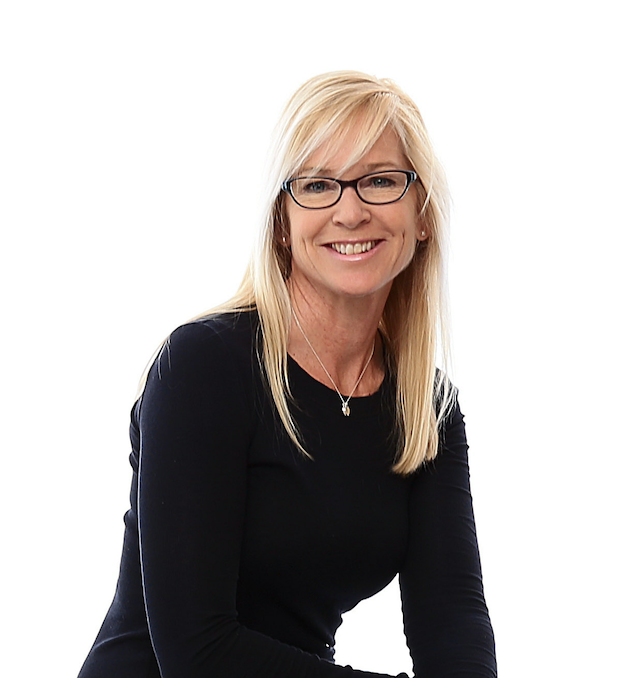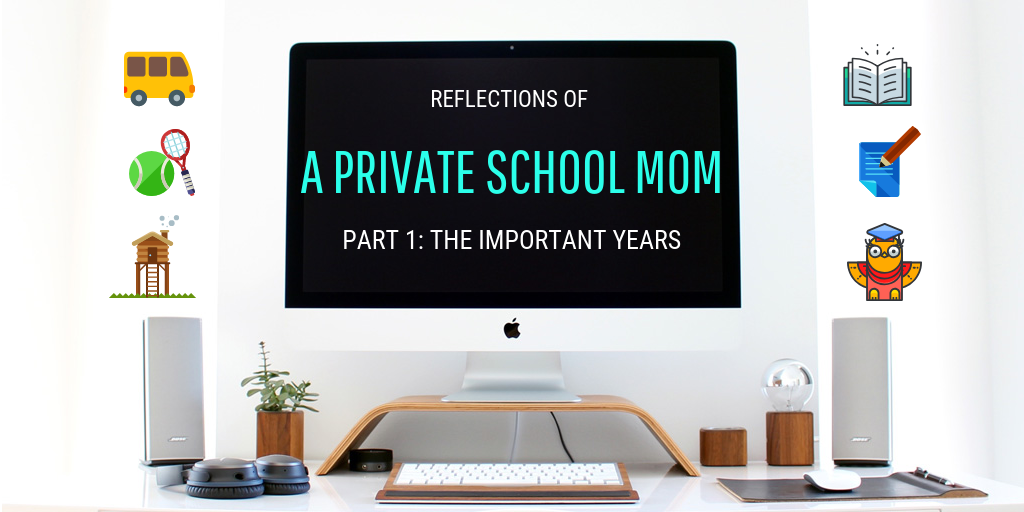According to Psychology Today, the first five years of a child’s life are crucial to their outcome—to who they will become as adults. They are THE IMPORTANT YEARS. It’s when neurological function develops, sensory and behavioral tendencies solidify, and attitudes and beliefs are formed.
It’s nature. It’s nurture. It’s important.
That sounds vital and worth paying attention to, which causes me to deeply reflect on the first five years of my children’s lives and how much they contributed (or not) to who they have become as young adults. And/Or…how much I influenced (or messed up) their outcome during these important years.
My hypothesis is that the first five years are indeed important, but that they are not as important as the more important years or even as important as the most important years, all of which I will explore in this series.
As I layout my theory on child-raising, and as you reflect upon your own child or children’s lives, you can decide for yourself. Which years do you think are the most important? And, more importantly, how can you continue to offer guidance and encouragement without controlling, manipulating or forcing the hand of your child to live up to your wishes? Just so you can casually mention at the next cocktail party…my son/daughter got into (INSERT TOP COLLEGE HERE).
My children just turned 25,27 & 28.
Here is what they are doing today.
First Born/Female: Working for a leading global tech company and has lived all over the world. Is about to start an MBA program at a leading University. You can probably guess which one.
Second Born/Male: Living in a community with other like-minded individuals of all ages. Days are filled with volunteering, advancing life skills, fun activities and friendship.
Third Born/Male: College graduate. A top athlete in college. Has completely changed direction by pursuing something he has secretly always loved. Has no idea how it’s going to turn out.
As you can surmise, they are close in age but radically different.
So how did the first five years contribute to such diversity, success or what you may think of as a lack thereof?
First of all, no two children are alike, as much as we might try to put them in the same box. After all, if we had them, they must have commonality, which means that the way we raise them should be consistent and produce consistent results. Results. Is that what we are all seeking when we bring our little babes into this world?
Dare I say, yes?
When my first child was born, I was working in New York City and living in Connecticut. 54 minutes on the train to Grand Central Station and then across town in snowstorms, hot humid days and pouring rain until I reached my office at a global television network.
I was so excited to be having my first child. Scared as hell too.
#1: I didn’t take any prenatal classes. Why? Two reasons. A. No time. B. My mom had four kids in four years and then a fifth 6 years later and she never took classes. So… I figured that I’d just figure it out. Do I regret that decision? No, and yes. No because when you have a baby, you do what you’re going to do regardless of what you’ve been taught in a class. You are in the moment completely and that is all you think about. Yes, because I didn’t have a built-in group of birth moms where I could start playgroups or have coffee together with our new bundles of joy. That was a mistake.
However, I soon was pregnant with my second child (born 15 months later to the chagrin of my employer) and while on maternity leave, my husband and I decided to move back to San Francisco. What was the first thing I did before figuring out what I was going to do for work in SF? I met my neighbors and started a play group.
There were four of us, and three of us are still friends to this day. I had to let go of my friendship with one of the moms because, well, she changed, and I didn’t want that in my life anymore. But that’s OK.
My third child was born in the Bay Area and he soon became part of the group. In fact, we all ended up having three children.
The great thing about playgroups and the first five years, was the connection to other moms. When you have a baby (or three) you often feel alone, especially if you don’t have family in the area. And you need friends.
My biggest piece of advice during the first five years is to make some mom friends who have babies too.
In addition to my tightknit playgroup, I joined a special playground in a posh area of my community that was application only. I met lots of moms there too. But I didn’t like what I was seeing and hearing. I was a public-school kid from New Jersey and these moms were already talking about being on the list of the ‘right’ private nursery school. One mom in the private playground was still pregnant with her first and was already on the list!
This didn’t sit well with me. I toured the ‘right’ school and was turned off immediately. Why? It was too scheduled. Too focused on results. I chose a little Lutheran pre-school where the kids had tons of free play, sang every day and put on lots of plays. To me, exploring and expressing were the key to a great childhood. Maybe I was trying to recreate my own. I had so much free playtime as a child, it was amazing. Now I’m sure my mom was nearby at that age, but I never saw her.
So, my second piece of advice is to not follow the crowd. Do what feels right for you and your child.
Happy. That is the key.
I sent all three of my children to this simple pre-school and while they may not have learned the Fibonacci sequence at age 3, they were happy.
#3: I put them in activities. Now, I know parents who had coaches for their children in every sport or art by the time they were 4 to see what they were good at so that they could get into (INSERT NAME OF TOP COLLEGE HERE). Some did. Some were devastated when they didn’t.
I put each of my children in an activity that seemed to fit their personality. My daughter was a performer and ballet made the most sense because she would learn poise, confidence and performance.
My eldest son was ½ his life behind already, so I put him in horseback riding because I read that there was a positive correlation between brain development and horseback riding. This was in between speech lessons of course. I also sang to and with him all the time. I did this with all my children. I think singing helps with learning, memory and happiness.
I put my youngest son in Tae Kwon Do because he couldn’t sit still. It made sense. To get his black belt he had to remember 2,000 moves. Now that’s discipline. I figured that if he could control his body and emotions, he could be happy in any situation. He got his black belt at age 9 and then moved on to tennis where he played through college and coaches on the side now.
So, my advice for the first five years and what worked for my family.
- #1: Make other mom friends with young babies.
- #2: Don’t follow the crowd just to get results. Do what feels right for your child.
- #3: Get involved in an activity and don’t over schedule.
- #4: Encourage free play.
- #5: Sing a lot.
In the next installment, I’ll talk about THE MORE IMPORTANT YEARS which is when the pressure really kicks in. Public school or private school? Tutors? Coaches? Parental involvement? How much is too much? What is right for your child? Are you helicopter parent, a tiger mom or a snowplow? You’ll soon find out…


